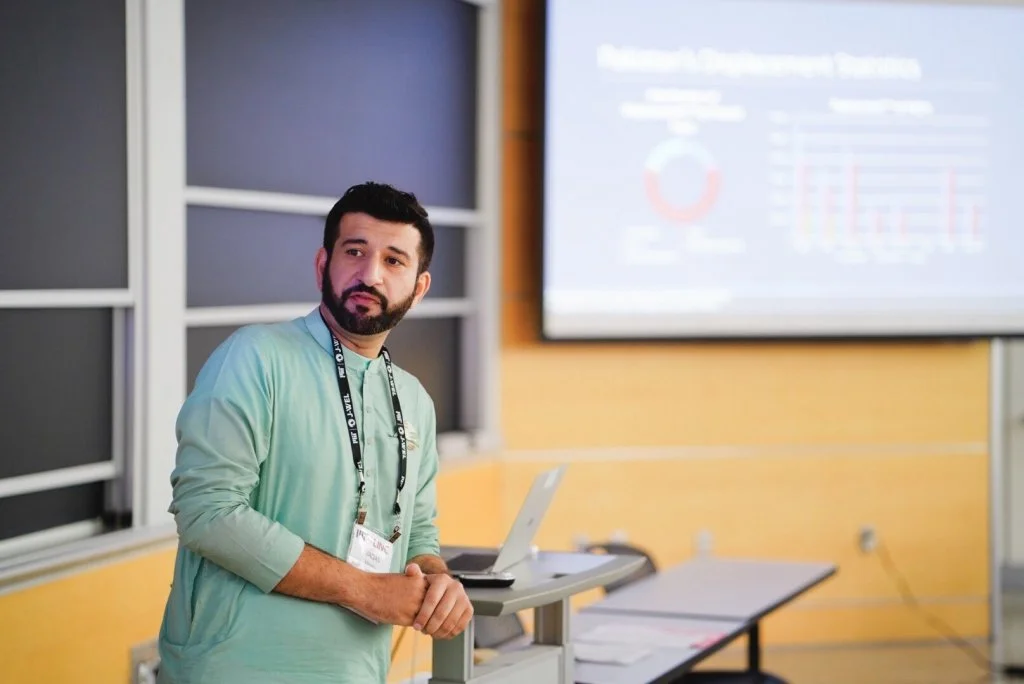Spotlight Alum: Waqas Idrees
We recently spoke to Waqas Idrees, a young energy expert, about his Fulbright experience, his professional trajectory, and so much more.
What led you to apply for the Fulbright Program?
During my undergraduate studies, I was unable to attend my dream school due to limited finances, so I enrolled in a newly founded school. However, after graduating, I was rejected and often ridiculed at job interviews for having gone to a ‘non-brand’ school. This certainly wasn’t a morale booster at the start of my professional life!
I realized what I needed was exposure and decided to pursue a master’s degree. My mother, a staunch supporter of quality education and a believer in self-reliance, encouraged me to pursue a master’s abroad. However, since my parents could not bear the finances of an international degree, she encouraged me to apply for the Fulbright scholarship. (Here, I need to highlight the importance of attending educational expos, often scoffed at by undergraduate students for being a waste of time. They really do help!)
My resolve was tested once again when I applied for the Fulbright program. I was turned down not once, not twice, but three times. However, patience and persistence won in the end, and I secured the prestigious scholarship on my fourth attempt, making me the first alumnus from my school to get it.
Tell us more about your academic experience as a graduate student at Northeastern University (and also at MIT for electives).
I went to the U.S. to study energy systems from the lens of policy reforms and regulations. At Northeastern, I studied under Dr. Gregory Kowalski, an eminent professor in the field of mechanical engineering, and at MIT, I studied ‘Engineering, Economics, and Regulation of the Electric Power Sector’ under Dr. Ignacio J. Pérez Arriaga, who has played a monumental role in the liberalization of the electric power sector of the European Commission and Latin America. Under their guidance, I was able to critically analyze Pakistan’s power sector and determine the barriers in switching to more sustainable options.
During this time, I was also lucky enough to get an opportunity to work professionally even though I had not applied for internships. It turns out that my professor had forwarded my resume, with the highest recommendation, to a headhunter. I seized the opportunity to work at Schneider Electric, a multinational company providing energy and digital automation solutions for efficiency and sustainability. It proved to be the perfect bookend to my academic training of the previous two years. I was later offered a full-time position at the company but turned it down to return to Pakistan.
Here, I want to highlight an important point: hard work and dedication always pay off. Based on my work ethic, my professor recommended me for a potential position without my knowledge. Later, my supervisor at Schneider Electric offered me a full-time job at the end of my internship. There is a reason why America is called the land of opportunity. You only need to prove your worth for opportunities to come knocking at your door.

